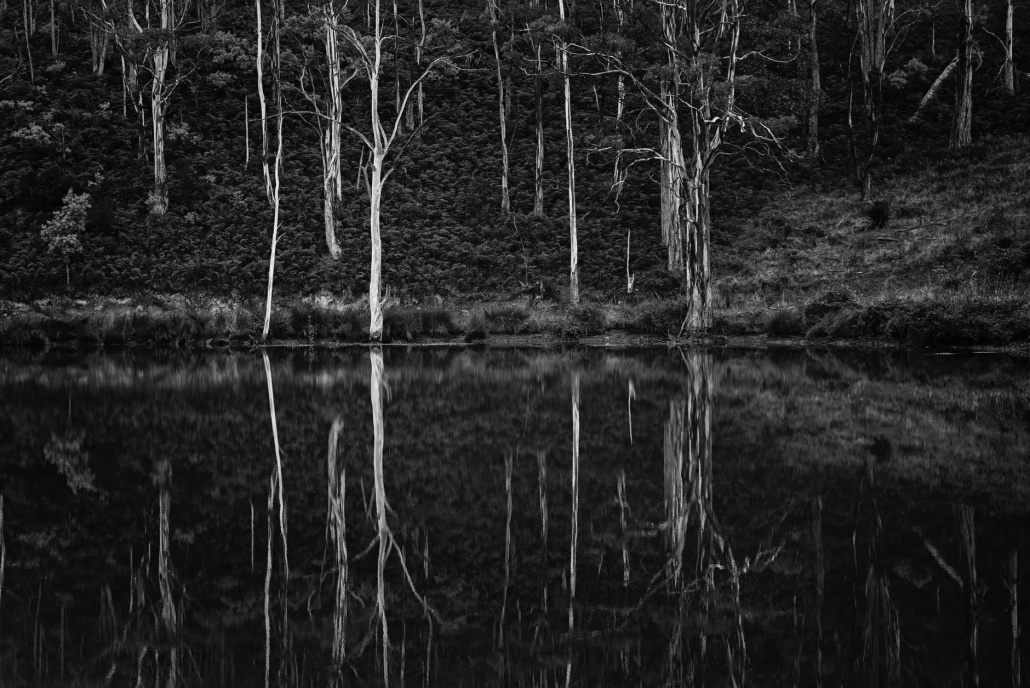Dystopias Abound
by Haroon Imtiaz
Our obsession is real. Dystopian futures abound in our cultural universe. They have done so for many years and will most certainly preoccupy us heading into the future.
A case for continuity isn’t too hard to make. One need only consider the steady trajectory of dystopian literature and film in the previous century, followed by a seemingly accelerated outpouring in the twenty-first century.
Let us add to this the eschatologies of faith traditions, their competing narratives, handed down to us by our ancestors. They will haunt us for years to come, render many of us reflective, and embolden others to sermonize about the horrors prophesied in their scriptures.
Of all this we are fairly certain. The road ahead will likely entertain and terrorize us the same. This I do anticipate, but not without a question, which is why I tend to ask: How do we account for the surging popularity of dystopian content in recent years, primarily in the forms of classic dystopian novels, popular fiction, and contemporary film?
Perhaps it is a logical result, a creative byproduct of a feeling that many of us have today—a feeling that our independence is being taken from us. And because we feel it slipping, we are bracing for the worst, thus expressing the worst of what could be. In this sense, one could argue that the Industrial Revolution and its aftermath have shaken us deeply.
Walter Russell Mead reminds us in his essay “The Big Shift,” that “In 1850, 64 percent of the American population earned its living through farming. By 1900, that figure had fallen to 38 percent, and today, it has hit two percent.” This radical departure came largely at the behest of technological advancement, a shift that dramatically altered the lives of millions of people. It was able to decimate an old American lifestyle and replace it with a new way of living, for the better and for the worse. Perhaps we now fear that the industrial wave has yet to reach its apex. Some also wonder if a new wave is coming, one that could replace our current lifestyle with something else, something more terrifying.
There could also be another explanation, something a bit simpler. I would argue that many of us take pleasure in constructing such futures due to what Sigmund Freud called our propensity for “substitutive satisfaction.” Freud probably would have argued that dystopian drama provides a getaway from the grind of daily life and all its misery. It lets us leap into a future that is both bizarre and captivating, above the ordinary and mundane of our lives. It is strangely exhilarating, albeit the horror. And as a result, drama is generated for us to revel in, discuss and debate.
I also wonder if the creation of and obsession with such futures is spurred on by our deep cynicism of one another and the human race in general. After all, we as humans have done sick and wicked things in the past. Why not expect more of the same? I mean, we just witnessed one of the bloodiest centuries in recorded history, and have shown time and time again as a race, that when push comes to shove, we are not afraid to wreak havoc, resort to violence and even exterminate all those who oppose us.
Now keep this picture of human nature in your mind and consider some of the challenges before us. The threat of climate change is an ever-growing menace; income inequality—in many countries—feels like the worst it has ever been, and warfare has become a permanent occupation of nation-states. Do we really trust that human beings are capable of overcoming these goliaths; that is without digging a grave for ourselves in the process?
These are things to consider.
Lastly, there are some who ask: “What is one to believe amidst all the competing visions of the future? Where are we headed and what is to become of us?” Personally, I tend to see future propositions for what they are—propositions. They are merely theories about what may or may not take place in a distant time. This does not mean we belittle the theories, for they may give us insight into what could be if we do not get our act together. And in my opinion, this is the essence of dystopian drama. It is not meant to predict as much as it is meant to galvanize. It is there primarily to remind us, that if we are able to address the present, we won’t have to worry so much about the future.
















2018
1,449 views
views
0
comments